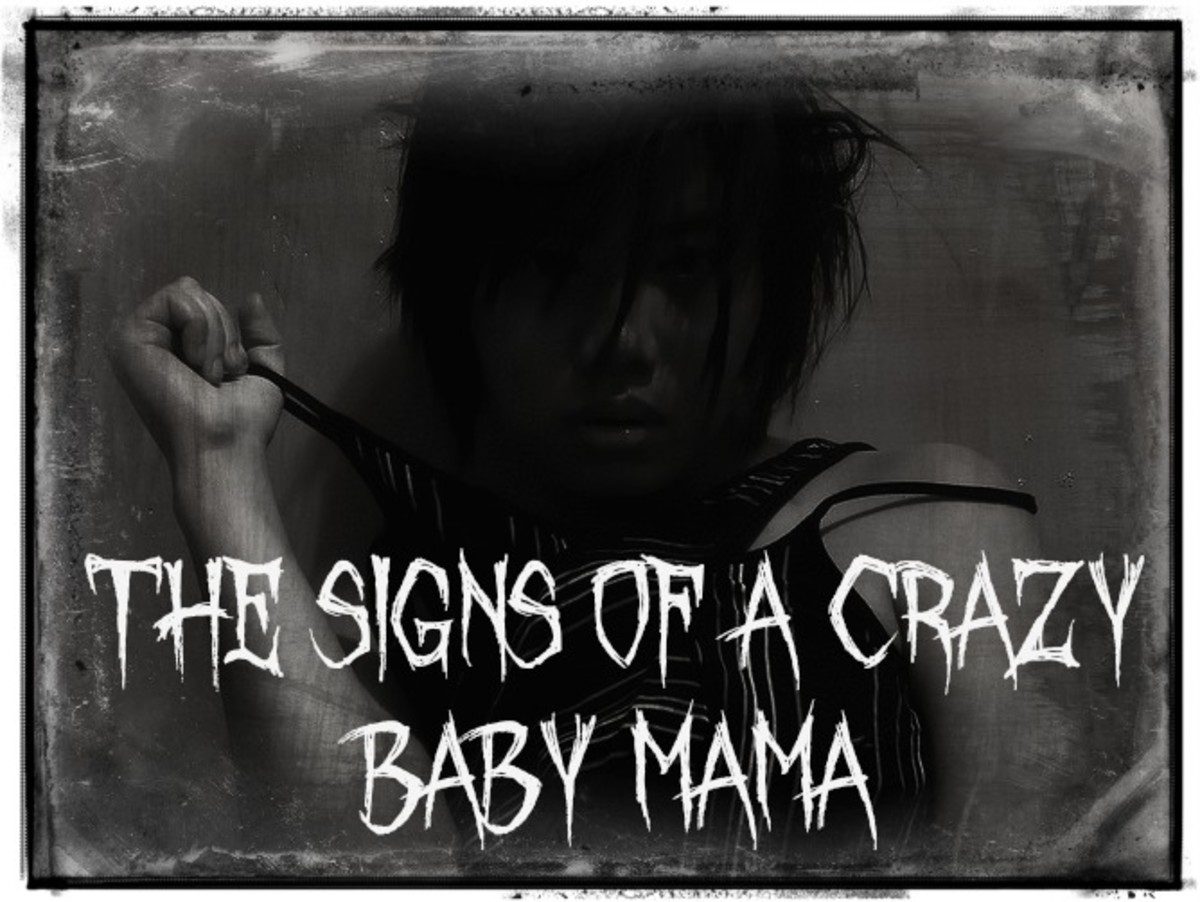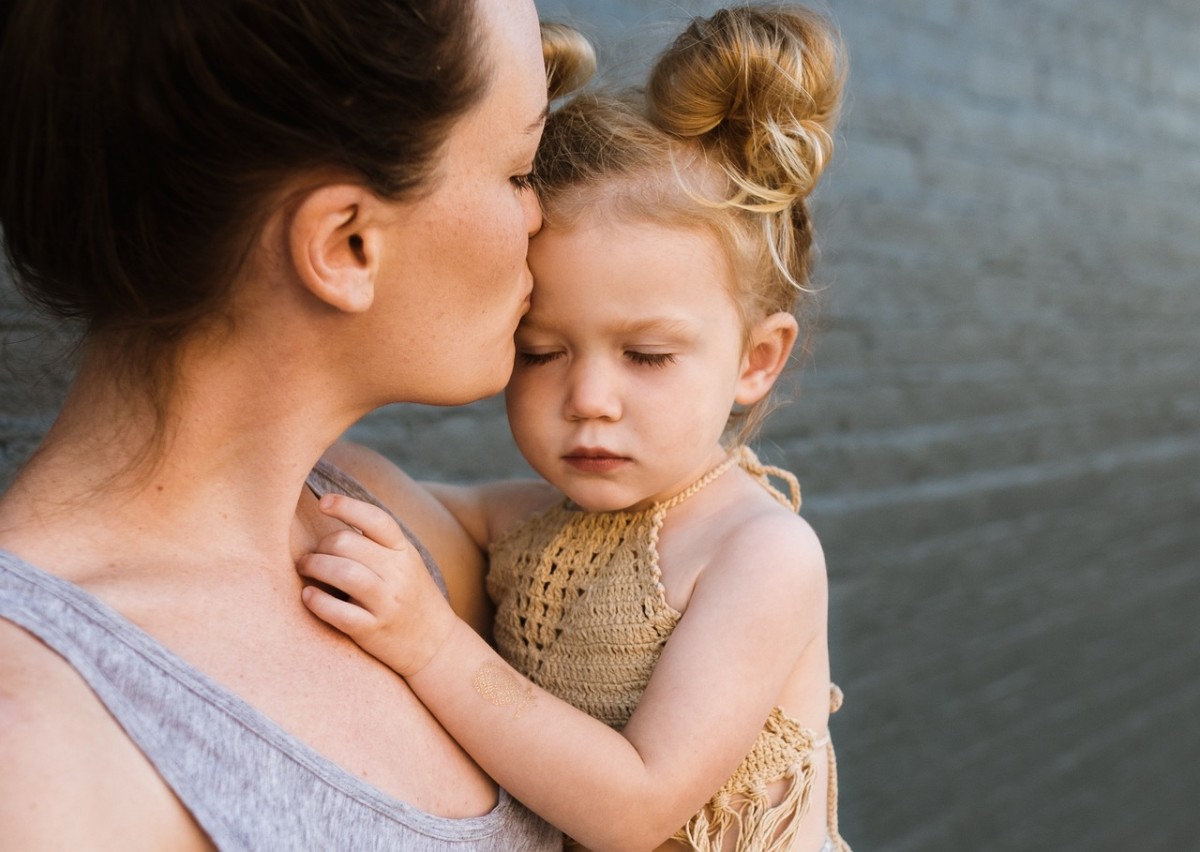Playdate Wisdom | Common Safety Concerns and Tips for Success
Letting Go and Holding Back At All Ages
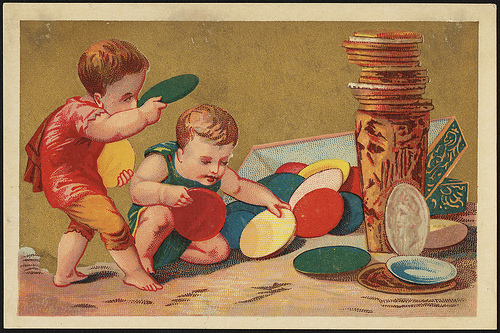
Quote:
“Play is the only way the highest intelligence of humankind can unfold.”
- Joseph Chilton Pearce
Initial Venturings From the Nest
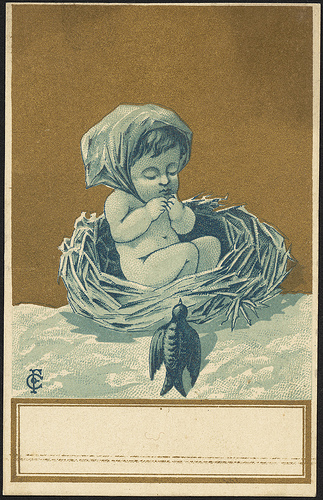
Playdates: Inevitable and Necessary
It seems to me that from the moment we have our children, they are travelling away from us; growing into individual beings that will leave the nest. For me particularly, as a mother, I find it heartbreaking. However, I know it is the way things should be and if we do our jobs correctly as parents, our little birds will fly off, self-actualized and able to live a life of flourish. And so it begins.
Play dates are a natural part of this. The inevitable loss of our children to “growing up” is slow, although it may not seem it at times. We must let go and hold on all at once, in appropriate degrees for both age of our child and individual development of each of their very different personalities; releasing them safely into the world of interaction with friends.
Playdate Safety First
When our children begin having playdates, we must ascertain that they do so within parameters of adequate safety. As well, new parents may find that the playdate jungle is difficult to maneuver. For our own mental health as mothers and fathers, it is always good to garner a bit of useful knowledge about what may occur during our children’s primary playdates (at our house and when hosted by others), so we – all of us - can come out unscathed in the majority of cases. As many things we find as parents, playdates are not always so easy.
Hard to Share, Hard to Let Go

The Playdate Jungle: Mom Tips for Surviving At-Home Playdates
Playdates Are Ultimately Good for Kids
As parents that want to do everything right for our kids, we tend to believe that whenever our children are not under our own protection, there could be some risks. Playdates are no exception. After all, no one cares for our children exactly like we do. Yet, within the first few years of their lives, it already becomes time for our children to begin socializing with other children (and their families) – whether this occurs within our own homes, or outside of them.
I know there are many parents that become relaxed with the idea that our children need to go out and play with others. Other parents, like me, hold on tight to the “mineness” of a child. I want my child to be my own to cherish and treasure, and I don’t particularly like sharing them… and sometimes, I don’t particularly like the added stress of having another child added into my familial mix (as described in the video to the right on surviving playdates), even if only for a few hours.
Yet, in spite of this knee-jerk holding back, I know, this is for me to suffer only inwardly to myself, because play dates are important for all children and must ensue – and with a smile from their moms as they let them go. However, in doing so, I have learned to be on the look-out for some typical play date risks and snares.
Playdates: A Wonderland of Strange Challenges
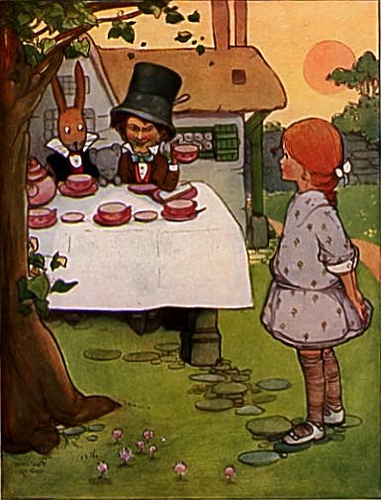
Potential Concerns of Away Playdates
- Sexual predators
- Gun safety in visiting household
- Environmental hazards like pools, pets and trampolines
- Common childhood separation anxiety and fear
- Exposure to new things, like Internet, videos, or older children's play
- Exposure to unknown individuals
Sexual Abuse: Safe Practice Discussions to Have With Your Child
- Your body belongs to you
- No one should ever touch your bathing suit areas except the doctor
- When you are not home or have a friend over, clothes stay on
- No one should ask you to keep a secret from your parents
- No playing in the parent's bedroom
- Discuss general safety rules to follow at someone else's house
- Have a secret password your child can say over the phone if he wants to come home
Six Playdate Dangers and Difficulties:
I have encountered parents that want you to drop off your child at a playdate and leave, those that want you to stay and chat, and those that want to drop their child off at your house, never to return again (it seems) to gather their child back home. As a young parent, you must grow savvy to each of these scenarios as they will recur as you raise multiple children over the years. But no matter how the anatomy of your playdates will look, you must keep the following dangers in mind.
1. Becoming Too Relaxed With the Idea of Playdates - It is certainly true that with each additional child, you grow more relaxed about the logistics of playdates, but I have found that perhaps there are times when parents grow too comfortable with arrangements to be made. Once your child is beyond the initial years of playdating, they will want to venture out on their own. If your child is going on a playdate away from home, be aware there are potential dangers they may encounter (which will be detailed below) and take steps to prepare your child so they may avoid them. As well, if playdates occur on your turf, remember the great responsibility you have in taking other children into your care. Kids get hurt, and kids are needy. They misbehave, they have complicated feelings that need to be attended and they are bundles of energy. Having a playdate is a promise to keep these kids safe and under appropriate supervision for the duration of the visit, accepting them for those few hours as your own.
2. The Possibility of Sexual Abuse - If a pedophile wanted to take advantage of a child, why wouldn’t he make himself akin to a parent that was looking for playdates for their child? In the article Play Date Safety: Questions Every Parent Should Ask at modernmom.com, there is a great list of topics that every parent should address with their child regarding sexual predator safety. They range from discussing with your child what a sexual predator might “look like” to how you should react if someone makes you feel uncomfortable or asks you to do things that don’t seem quite right, as further detailed in the sidebar above on warning children about the dangers of sexual abuse. I am not insinuating that the child would be playing with an adult on their scheduled playdate, however, they could easily find themselves playing at the house of another child that was attached to an adult predator. This could happen at any age. We don’t like to think of these things, but as parents, we must.
The Mire of Away Playdates

Playdating Can Be Scary
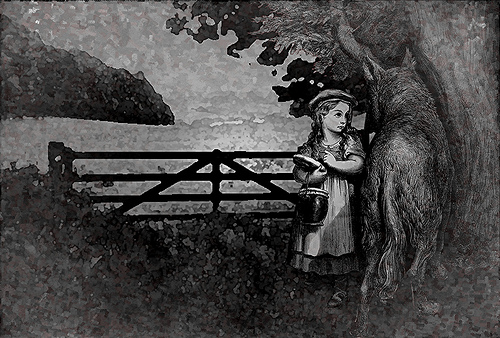
Questions to Ask Before Dropping Your Child at a Playdate
- Who will be watching the children?
- Do you have older children and will they have friends over?
- Do you have a gun in your house?
- Do you have a pool/trampoline and what safety rules do you have?
- Do you plan on going anywhere with my child during the playdate?
- Is the TV and internet use monitored?
3. Guns, Environmental Dangers, Alcoholism, Exposure to Violent Content - Similarly, what if there are guns in the household your child is visiting or excessive drinking by one of the people that will be in contact with or watching your child? What if the house is a house that has abuse in it? Do you want your child exposed to this over an extended period of time, or at all? What if your child is on a playdate where they are allowed to play violent video games for hours on end, or if they will be viewing a movie that might have some scary material in it that might haunt them later?
4. Insufficient Supervision - As well, parents must remember that if they are visiting at a friend’s house with kids in tow, the children still need supervision beyond a few glances while parents interact. They need at least to sporadically check-in on the kids and what they are doing, correcting any inappropriate behaviors even if it is only trashing the play room. If the house has a pool or a trampoline, supervisory adults need to be on intent look out. Sometimes, dangerous activities can go on right under the noses of a houseful of parents, not paying attention.
5. Forgetting to Ask The Important Questions – The above concerns are realities of the world. These things can happen. So, yes, a parent does have to be ever careful whenever their young child will be interacting with new individuals in a new environment for an extended time – especially when you are not present. The article 9 Things To Ask Before Your Send Your Child on a Playdate at Café Mom does a great job of detailing things to touch upon with any parent hosting a playdate for your child, prior to drop off, such as inquiring up front if there are guns in the house, if they have a pool and its safety features, or asking who will be watching the children throughout the duration of the playdate (see above sidebar to the right).
Don't Set Your Child Up to Be "That Kid"
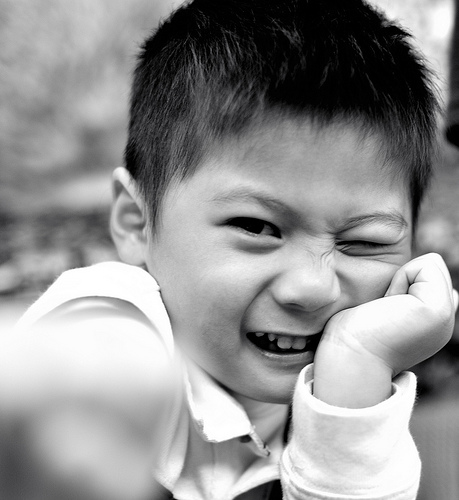
6. Playdate Overload - Perhaps not as urgently of concern, there is as well the possibility of your child becoming a recurring nuisance on too frequent playdates if you schedule too many at a particular friend’s house. You don’t want this for your child, either. Or perhaps, your child has had enough of a particular play date. You want to end it sooner than later so as to protect your child from either having a negative experience such as an off-the-scale temper tantrum in front of friends and their parents, or having your child be in a position where they are subject to stress that they cannot yet handle properly, creating a fear of playdating with this child, or other children, again. For example, when my first son was very little, he had a friend that always seemed to find his way over to our house and could never be satiated of time spent there. This was particularly disturbing to my son after a few hours each time, as he needed down time. As a parent, it was more my job to limit the play dates than was his to behave during every interaction.
Playdate Dangers: Gun Safety and Beyond Conversation Starters
Controlled Chaos
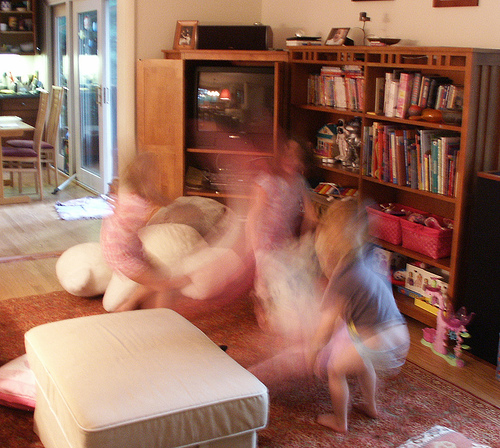
Six Playdate Rules of Thumb for Safety and Success:
Of course, learning is the name of the game on early playdates, so kids need to struggle through the learning of appropriate actions by trial and error – and so do we as parents. However, this does not need to happen all on one day. Limiting play date time becomes an important pursuit, as does, scheduling the right ones. To this end of trying to control the way playdates may affect our lives and the lives of our children, here are some playdate rules I have garnered over the years of having three children. When looking at hosting or sending our children out into the world, consider the following six rules of thumb.
Make Time to Get To Know Other Parents as First Line Defense

When Moms Are Friends

Helpful Playdate Resources
Check out these helpful resources for ideas for your next playdate:
- Whattoexpect.com's 9 Fab Playdate Ideas
- Yahoo Contributor Network's What to Serve at a Playdate Lunch
What Do You Think?
Have you ever dropped your child off at a house where you didn't know the parents well?
1. Always Know the Other Parents - If your child is going to have a playdate with another child, at their house, know the parent. You may want to consider attending the play date, especially for children under the age of 7, or asking the mother of a child coming to your house, to stay for coffee while the kids play. This gives you a chance to get to know the parent of your child’s friend, which will be of great benefit to you potentially, for years to come. Similarly, if there is a birthday party for young kids, do not simply drop off your child. Stay and observe – even if you feel it is being frowned upon by the hosts. This will allow you to both be there for your child to help them feel secure as they begin playdating, as will allow you the opportunity to meet some of the parents and families of children that will likely be in your child’s social circle.
When your child gets beyond the age of 7 or 8, you should at least know the parent very well before you give up your child to a play date away from home, again, for obvious reasons. If you do not know a parent and they invite your child over, you should absolutely make an effort to meet them before you allow your child to go to their house and leave them there. In an ideal situation, you would want to be aware of and know about all the individuals that your child will interact with while he is there, but if this is not possible, you can speak with your child after the play date to find out as much as you can about how your child liked being there, how he/she was treated, what he/she ate, and how he/she behaved.
As your children grow beyond the primary age, and they are called to visit friends as they are older, you still should always attempt to get to know the parents at friends’ houses where your child goes. You should never allow your son or daughter to sleep over someone’s house you do not know. You may know the mother, but do you know the father? Your child will be in contact with everyone in that house. Stay involved. Don’t allow anything you are uncomfortable with. This may sound paranoid, but you get one shot at this. Be overprotective in this regard.
As your children get older, you will realize the value of relationships with other parents. Cultivating friendships among mothers and fathers is a really nice tool as well as a joy in life, as it allows you to be able to share information about your children in case your child is not forthcoming with details you may want to know about their interactions. Knowing other parents helps you to keep better awareness of the things your children are doing and experiencing because you can be a tag team of sorts. Having other parents you can trust, will allow better communication and better supervision of all the kids involved, the older they get.
Sometimes, The Best Gift You Can Give Your Child Is a Friend

Love Those Little Monsters...
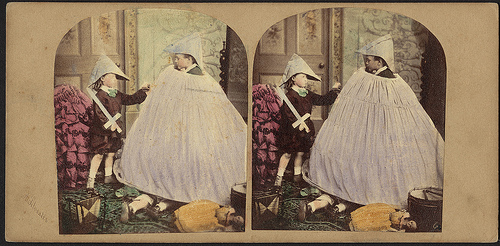
The Good and Bad of In-Home Playdates
- Wild children
- Messes
- Getting eaten out of house and home
- Playdate or babysitting?
- Happy children
- Worthwhile experience for all
- Opportunity to meet other parents
End Playdates Before the Melt Down

2. Limit Duration of Playdates - Playdates, depending on children, need boundaries of time. Especially when your children are young, I would recommend having playdates no longer than 2 hours. After two hours, your child will be tired, and the other child will be tired and they will likely need to take a break from each other, as further supported in the video at the bottom of the page on playdate success. Nothing is worse than having a child at your house long after your own child has tired of playing with him or her. This is why I feel longer playdates are simply asking for trouble. Playdates generally should end before a meltdown occurs.
Try to get other parents on board with you. It is not an acceptable situation where the other parent drops off their child for hours on end. It is one thing if you are watching your friend’s child because she is at the doctor or running an errand while the kids play, but if she is getting her nails done and shopping, it is not really a play date that you are hosting if it goes past the two hour mark. It is babysitting. You will learn this. In the cut-throat world of playdating, you will want to avoid this for your own safety (and sanity!) if it is something that bothers you in any way.
Again, as your children get older, time limits are still important. For some kids, the two hour rule will hold. I have a 13 year old boy that can barely take more than 2.5 hours of friend time even now. Especially in the case of girls, they will try to beg you for more and more time, but truly, limiting interactions is much better. Kids get tired and then they get overtired. This affects subsequent behavior that you will have to live with as a parent hours later and can even spill over into school, interrupting or hindering attention span that should be directed toward learning first.
Don’t set your child up to fail. Give your child a time limit before his or her play date starts and stick to it. They should always be spending more time at home than at another person’s house as a general rule. This should hold at least into high school and maybe even beyond depending on your family dynamic. Meals can be used as a marker for times where children should be returning home to at the very least, check in and regroup, touching base with family.
I am not a big proponent of the sleepover for children under 13. In younger years, children can be fearful on playdates, or they can see a sleepover as permission to stay up all night. Overtired children have a hard time living up to their commitments following a sleepover, to their detriment and your own. As girls reach middle school, you would be surprised the amount of drama that can surround sleepover events. Putting a kibosh on sleepovers, or at least limiting them to special occasions, is my own rule of thumb and I love it.
Your Children Will Grow Up Knowing Their Childhood Friends
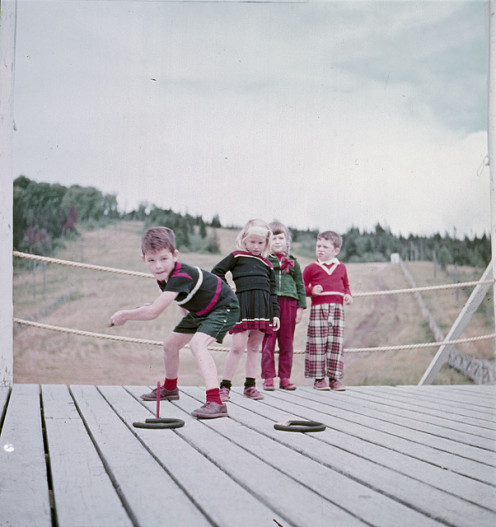
Playdate Rules of Thumb for Different Ages
Children Under 7
| Children 8-12
| Children 12 and Up
|
|---|---|---|
get to know parents during playdates
| know parents before you drop off your child
| know parents whose houses your child frequents
|
keep it short
| set firm time limit and don't waiver
| know who is driving to destinations
|
provide defined house rules
| be reachable
| keep in touch with child via cell phones and texts
|
make sure your child is well-rested and reasonably fed before playdate
| talk with child after playdate
| have curfews
|
encourage good matches
| make sure your child knows sexual predator safety
| encourage open dialogue with your child
|
Throughout your child's playdating journey, practice a good combination of holding back and letting go according to age and individual child.
Everyone Needs a Buddy!
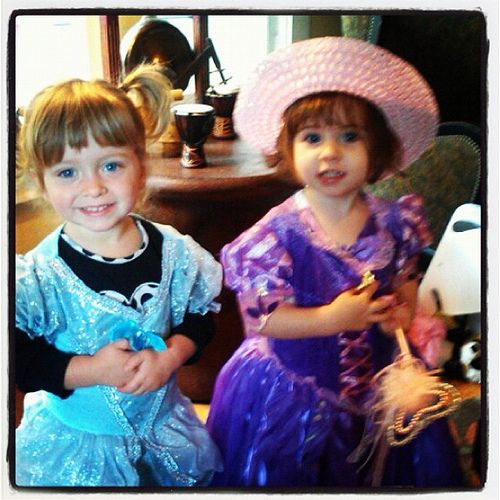
Always Be Reachable
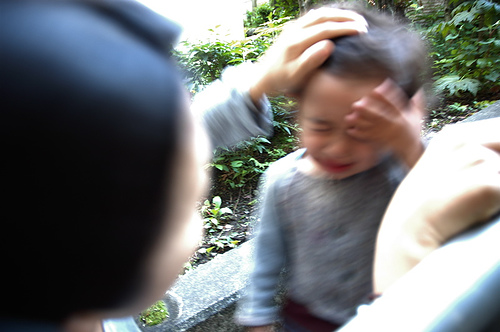
3. Keep in Contact and Be Reachable Throughout A Playdate - During any playdate for younger children, whether it is at your house or at another house, you must keep in contact with the other parent. Some people might assume that you will always be able to reach the other parent, but you would be surprised how often this is untrue. Get cell phone numbers and house numbers and make sure the other parent knows that you need to know you can reach them in case of an emergency or just to check in. If your child is with another family, make sure the adult there lets you know if they leave the house with your child or take them anywhere you might not otherwise be aware of.
As well, check in with the parent whose house they are at, or who’s care they are in while out. You will want to know where your child is at all times and how your child is doing. You don’t want your child to be in a situation where they are with a parent or friend that is no longer enjoying their company (or vice versa). This would be the point at which the playdate should come to a conclusion.
As your children get older, and say are on a playdate as a tween, you will want them to have a cell phone where they can reach you. You will want them to be able to text you if they get into a situation with friends where they are uncomfortable. Always give them an out, letting you be the bad guy, if they should prefer to leave. They can merely shoot you a text, or give you a call with a code word, and you can be there to pick them up at a moment’s notice.
Always Stay Attentive When Supervising Kids at Play
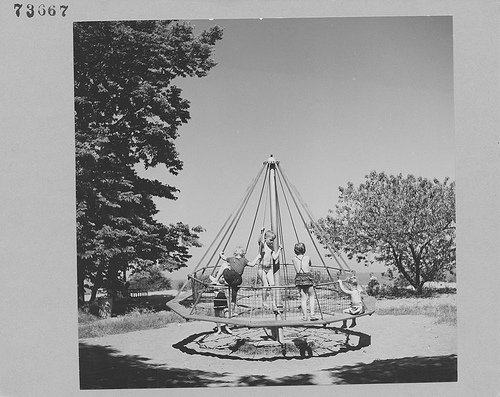
Quote:
“Play keeps us vital and alive. It gives us an enthusiasm for life that is irreplaceable. Without it, life just doesn’t taste good.”
- Lucia Capocchione
Playdates Are Easier When There Is A Good Match!
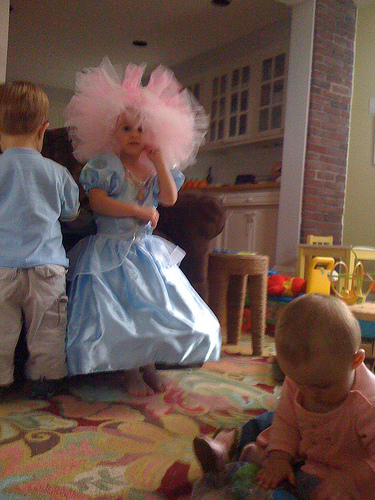
4. Choose Playdates Wisely - When kids are young, you will want to try to set the best matches up for your children concerning playdates. Of course, it is important for children to learn how to interact with all types of personalities, but you will soon discover some children play better together than others. As your children get older, and begin to go on playdates without you, you as well, will want to try to encourage those playdates that include parents you know and trust and children that you feel are compatible and enjoyed by your child.
Setting up a playdate with a child that your son or daughter is not well matched with is a recipe for further disaster, as you will find out. Playdates should be generally enjoyable, and not scenarios that should require disaster control afterward. This being said, you can’t force your children to have the relationships you want them to. It certainly is convenient when your friend’s child is your child’s best friend. But you can’t push relationships that do not work. This will only cause everyone involved recurrent grief. If your child is playdate shy, and you have tried to draw them out to no avail, realize that perhaps your child just needs a little more time. There will be plenty of years for them to find and make friends ahead.
You will certainly find this all out by trial and error as a parent. Know it is normal. Just remember that the children your children become close friends with, will likely have some of the same familial values your child holds important. Friendships are very important and influential bonds that will affect your child throughout their childhood and adolescence in great ways. Do your best to encourage those interactions that both work and which you feel will be valuable connections that will last and enhance your child’s life.
Playdates Teach Children Friendship Skills for Life
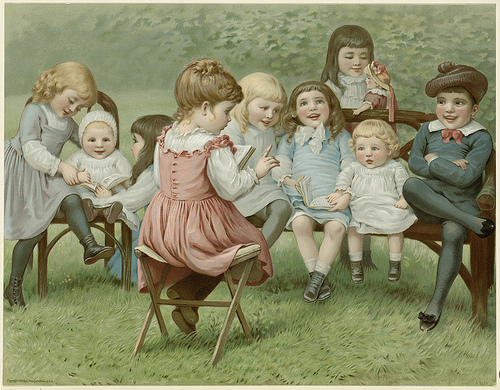
Having People to Play With Is Important for Children of All Ages
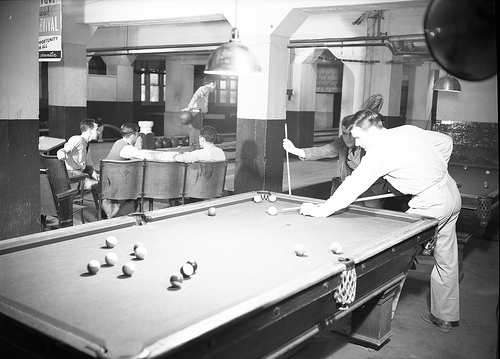
Growing Up With Friends
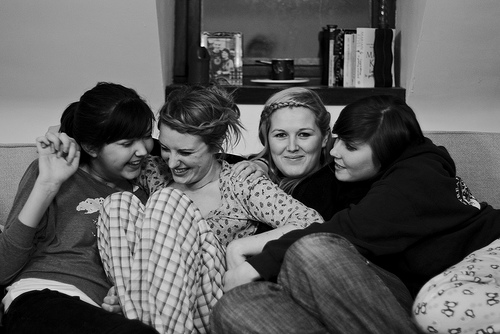
Products Your Kids Might Love:

5. Set Rules - When your children are just starting to have playdates, within the first 2-7 years, it is a good idea to have some set rules when kids come over your house, as exemplified in the table above. Number 1, you want to remove all toys that your child may be extra sensitive about sharing before the playdate arrives. However, let your child know in advance that the rest of the toys are fair game for his friends to play with. Don’t expect things to go 100% smoothly, as playdates are learning experiences for all kids involved – and first time parents! Remember that any bad habits you may see from your child will likely not be an issue months down the line. Developmentally, so much happens within the first years – so many behaviors are grown out of, even if left alone!
As well, expect that during a playdate, you will need some snacks and drinks to break up the play. I recommend you stay in control of the doling out of these and limit eating to kitchen areas for mess control. Keeping playdates between meal times is a best practice ideal. Providing lunches and dinners for extra kids can get expensive and picky eaters will exhaust both your food supplies and patience.
Don’t set your child up to fail. Before a playdate, make sure that your child is not over-tired, and that he does not arrive at a play date starving. These things will help keep your child’s behavior in check and ensure that the play date will be a positive experience.
As your child gets older, still, there should be household rules that your child knows of in advance. For example, kids should not beg for more time together at the end of a play date and they absolutely should not try for the sleepover, especially in front of the guest or guest’s parents. This will save you a lot of trouble in the long run!
As well, when your child has play dates, they should understand that there is food you have for the playdate, but that is it. Limit the space the children can play in, too. A play room is fine to play in, but your bedroom should be off limits. Kids need to know these boundaries. They don’t understand the rules yet!
Playing with Others Has Always Been A Hallmark of Childhood
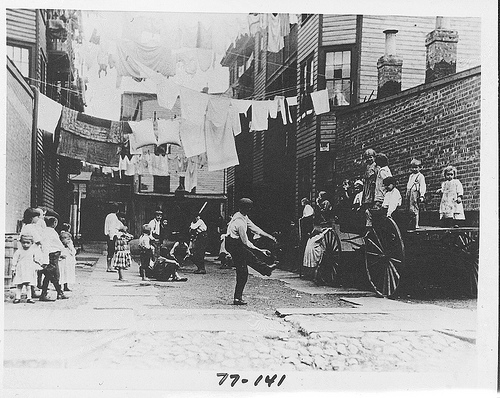
From the Earliest of Times, Children Need Each Other's Company
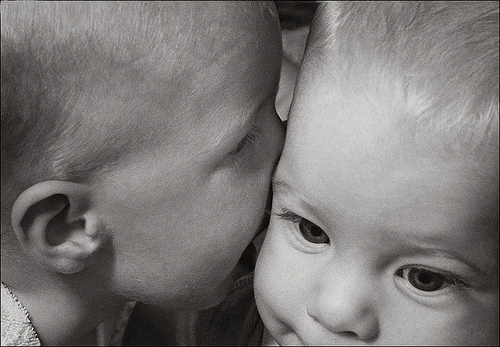
Child's Play
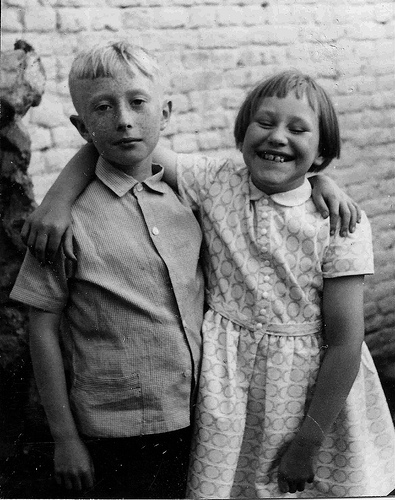
6. Make It Your Business to Know What Occurs on Playdates - When it comes to playdates, only you know your child very well, their fears and their aggressions – the things they most likely will do. Being there to witness, intervene on their misappropriate behaviors or simply allay their initial social fears, is warranted. This is so you can reassure them of your still-involvement in their life as they grow, as well as monitor the areas of behavior you might want to work on with your child.
As previously stated, play dates should be fun and not something you have to force your child to do. If your child isn’t happy going on a play date, perhaps it is with the wrong individual or at the wrong time. If your child seems to have difficulty with a particular friend or relationship, you can perhaps find ways to avoid this interaction, at least for a time.
If your child has some bad play date habits, you want to correct them to protect your child from being known among other parents and children as “that child.” We are our children’s protectors; their guides in growing. We must be there to help them along, not only physically present, but as mentally present as we can be as well. This is why I like to have initial play dates on my own territory, in my own house. I am not suggesting that the parents intervene in the playing – that should be left to the children. However, using playdates as a way of observing your own child and becoming acquainted with other parents that may likely be in your and your child’s life for years to come, can be a useful tool.
As your children become old enough to go on playdates by themselves, try to follow each playdate again, with a conversation with your child. Ask them about what they did, things that occurred with the family… stay involved and keep the lines of communications open with your children so you may be able to stay aware of situations that go on (or went on and which the playdate’s parent may be calling you about or may bring up to you later) when you are not present if for nothing more than to ensure that you remain involved in your child’s activities and so that your child is always in the safest environment possible.
Playdates Used To Be A Lot Simpler
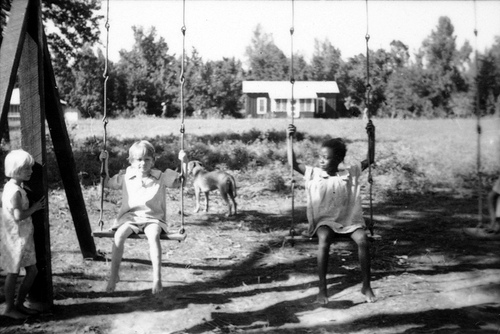
Quote:
"We've had bad luck with children; they've all grown up."
— Christopher Morley
Concluding Thoughts on the Playdate
Remember that all in all, playdates are important occurrences that build our children’s friendships and self-esteem as well as teach them how to engage correctly within society and how to treat others. For the most part, playdates are opportunities for learning, enjoyment and fun. Having a happy attitude about your child’s interactions will help your child have a happy attitude about them, too. Always remaining your child’s guide through their years of growing will ensure that they not only have a great childhood, but have fun and learn to be kind and caring, productive and contributing participants in society who have the ability to make and nourish good friendships throughout their lives.
Young Kids: How to Provide Them Successful Playdates
Play is A Timeless, Universal Childhood Act

Child Predator Safety: Prepare Your Child for Interactions Away From Home
Products You'll Love:

What Do You Think?
Do you think playdates require more thought than they used to in light of modern safety concerns?
Related Reading on HubPages:
- Kids and Play dates
Get Ready to arrange a play date with your child - Stay Home Dad's Easy Guide to Playdates
Playdates can provide important social time for stay home dads and their children. Stay home dads get to socialize with and learn from fellow parents during playdates and children learn basic social skills such as sharing and cooperation. Playdates..
Other Parenting Articles From This Author:
- 6 Benefits of Teaching Your Daughter Abstinence | Se...
Teaching teens, especially daughters, principles of abstinence over safe sex can have many substantial benefits as they face the realities and harms of today's world. - 12 Parenting Tips | Raising Boys to Be Gentlemen
Raising boys into gentlemen is a worthy pursuit. However, amidst the bustle of today's world, good manners can be easily overlooked. Here are some tips you won't want to forget when raising a son.



